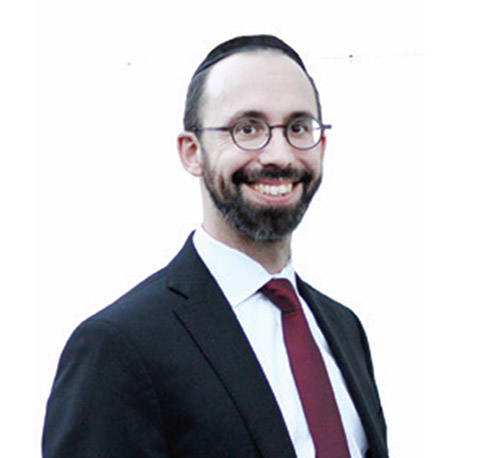
The Pesach Seder coming up very soon at a home near you will not be offering a different story. Still, the bookstore will no doubt have several new Haggadahs to tempt you with new ideas and new insights. Is this just marketing or re-packaging? Not really. The goal of the Seder is to transform us into a new person. As such, we are not the same person we were last year. When we relate the story to ourselves and to our families, the words may be the same but the experience should be once again novel and transformative.
Ask someone how old they are—let’s say 37—and they can legitimately say they are 37 Sedarim old (actually double that outside of Israel!). Each Seder imprints itself on our soul, creating new pathways for us to journey on during the rest of the year. Let me explain further…
We have a mitzvah from the Torah to tell the story of our leaving Mitzrayim (Egypt) to our children. The goal of this commandment, says the Ramban (Parshat Bo), is to solidify our faith in Hashem. The Seder story shows clearly that the Almighty is the Creator, the Controller, the Supervisor, the Conductor, Who listens to our every prayer and is personally interested in each one of us. The Seder is a pivotal instrument in transmitting this faith to each generation and to keep it growing in us as well.
How is it that after thousands of years we still hold dear the belief that Hashem will bring us back to our land and rebuild the Beit Hamikdash? The Pesach Seder is the foundation of that strength and that belief.
A close look at the Seder itself will show it is full of paradoxes (something that definitely adds to all the questions!). Many mitzvot signify that we were slaves. We eat maror, the bitter herbs, as well as dip it into charoset, which reminds us of the mortar the Jews used to produce bricks. Yet, many other mitzvot signify freedom. We drink the four cups of wine correlating to the four terminologies of freedom.
Some mitzvot convey both messages. Matzah connotes slavery, as we say during Ha Lachma Anya, “The poor man’s bread that we ate while we were in Egypt….” But matzah is also what we carried with us as we left slavery behind. The red wine reminds us of the blood of the Jewish children who were slaughtered so Pharaoh could bathe in their blood, but each cup also represents the different expressions of redemption. Why the contradictory meanings?
Rav Matisyahu Salomon explains, based on the Matnat Kehuna (a commentary on the Midrash), that the four cups of wine correlate to four specific decrees with which the Jews were afflicted in Egypt: all male boys born thrown into the Nile; the killing of the Jewish children so Pharaoh could bathe in their blood; the oppressive labor; and Pharaoh’s order to stop giving the straw to produce the bricks. All of these decrees stopped while we were still in Egypt. Clearly, there is a concept of redemption even while we were still enslaved. This is a crucial message for us, as we are currently still in our exile.
According to the Zohar, the word Mitzrayim comes from the word meitzarim, which means “ a narrow strait,” a place of constricted opportunities and movements. We’ve all had a situation where we’ve felt there was no way out. It may have been money troubles, a health worry or an emotional difficulty. Yet Hashem was there in our pain and helped us. Through the Seder, we know Hashem can take us out swiftly and completely from the worst possible situation.
I close with the story of a young man who got involved with drugs. His situation got so bad that he went into rehab. After a month, he reached Step 3 of the 12-Step Program, realizing that only Hashem can help him. Years later, he realized that the day he reached Step 3 was Pesach. Pesach is Zman Cheirutenu—the time both nationally and personally when we are freed from our bondage.
As we approach Seder night, let’s be ready for a full transformation. How? The Ramchal says someone boring for oil needs to dig thousands of feet deep in the ground. Many give up after a few hundred feet. But the oil is there—just dig a little deeper! Prior generations were able to dig deep each year with their Seder. We just need to keep digging a little more. We are bound to strike oil very soon!
May this year open up the wellspring of faith so we may then merit the coming of Mashiach.
By Rabbi Baruch Bodenheim
Rabbi Baruch Bodenheim is the associate rosh yeshiva of Passaic Torah Institute (PTI)/Yeshiva Ner Boruch. PTI has attracted people from all over northern New Jersey, including Teaneck, Bergenfield, Paramus, Rockaway and Fair Lawn. He initiated and continues to lead a full multi-level gemara learning program in the evenings, gives halacha and hashkafah shiurim on Shabbat and, more recently, has spread out beyond PTI to begin a weekly Beit Medrash program with in-depth chavruta learning in both Livingston and Springfield, New Jersey.









